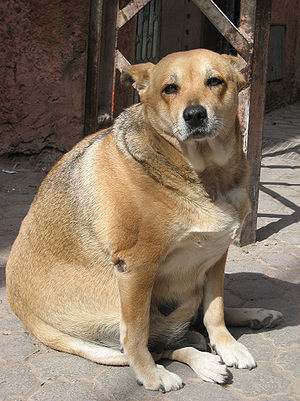Leaky Gut and Dysbiosis are often referred to as the same disorder, but they are slightly different.
The small intestine contains Villi which are finger-like projections that absorb substances and transport them to the bloodstream.
Leaky gut occurs when the villi are exposed to prolonged damage resulting in malnutrition due to the lack of absorption of nutrients into the bloodstream. Substances such as undigested food particles are leaked into the bowel.
The causes of the damage are usually certain foods, mainly soy, gluten, corn and dairy, sometimes legumes and nightshade vegetables. With severe damage, cells in the bowel wall release a hormone called zonulin.
Zonulin opens up barriers in the gut to help with the absorption of nutrients. While zonulin is helpful, opening the barriers allows potentially harmful substances to enter thee blood causing what’s known as secondary food allergies – allergies to other foods. These allergies may not have occurred but for the ingestion of the four main foods.
To relieve the reaction, your vet will guide you in a change of diet for your pet. Your vet will advise you to stop feeding any products containing soy, dairy, corn or gluten and perhaps legumes and nightshade veggies – potatoes, tomatoes,
and peppers.
Dysbiosis is an imbalance of gut bacteria – not enough friendly bacteria and too many bad bacteria, sometimes yeast. This imbalance causes inflammation of the intestinal membranes and leads to a leaky gut.
Symptoms of both leaky gut and dysbiosis are gas, bloating, diarrhea.
Dysbiosis can cause autoimmune disease, respiratory problems such as asthma, weight changes, joint pain, heart disease, cystitis, seizures, some cancers, abnormal behavior, gum disease, liver, gall bladder and pancreas disorders and more.
While antibiotics are the main culprits in these disorders, other factors are diet, stress, other drugs, parasitic infections, toxins and vaccines.
Treatment of leaky gut and dysbiosis involves finding the source of food allergies and any nutritional deficiencies, then prescribing an appropriate diet supported by probiotics and supplements to reduce gastrointestinal inflammation.
Close adherence to your vet’s prescribed protocol will put your pet on the road to recovery.


